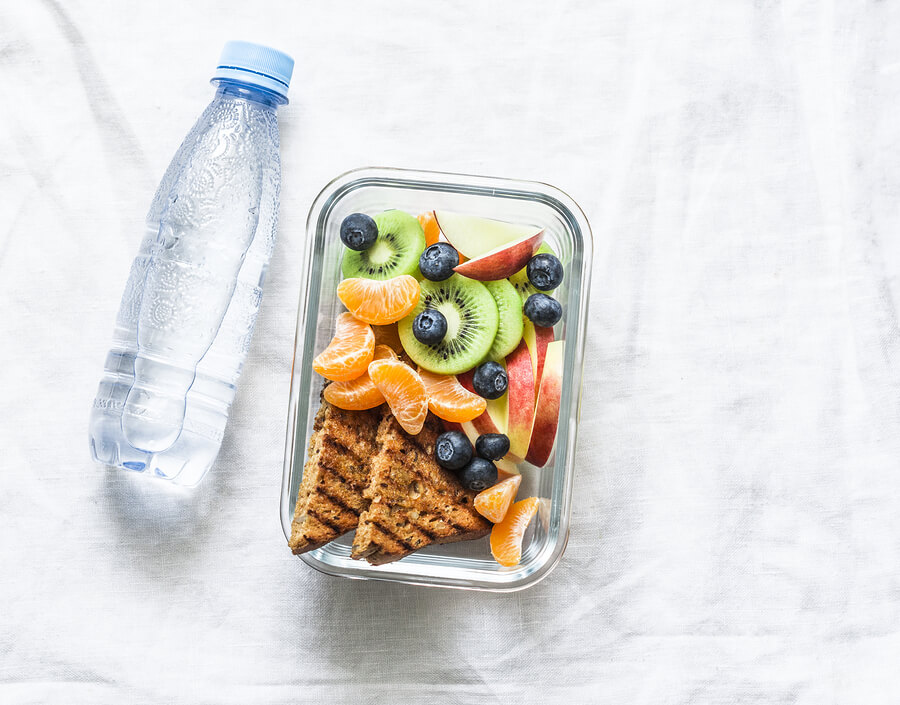
Home Remedies for Alcohol Withdrawal – For those with a dependence on alcohol, quitting for good can seem impossible. Alcohol addiction results in highly unpleasant and sometimes life-threatening withdrawal symptoms and cravings upon cessation. It is these effects that often compel those in recovery to relapse.
Although going through alcohol withdrawal at home without medical supervision is not advised, people frequently do choose this method. Those who, for whatever reason, believe themselves unable or unwilling to undergo a medical detox should be aware of the risks involved. Also, under no circumstances should this process be done alone without someone else present in case of an emergency.
Note: While detox in a specialized facility that also includes additional therapeutic services is ideal, without insurance or financial means, this may not be achievable. However, unless a person does not have access to 911 or emergency services, there is no reason why medical detox is out of the question. These services are available to everyone, even those without insurance. A hefty bill may come later, but it’s worth it to ensure your safety during this process.
Risks of Home Remedies for Alcohol Withdrawal
Some individuals opt to detox at home for reasons that come down to comfort. Keep in mind that this “comfort” is usually more psychological than physical, however. Safety and physical comfort are often better achieved with medical detox, as medications can be administered that mitigate many of the worst effects of withdrawal.
Unfortunately, there is some unpredictability associated with detoxing from alcohol. In addition to the possibility of immediate relapse, there is also a very real potential for severe depression, anxiety, and suicidal ideations. Finally, a complication known as delirium tremens (DTs) can occur. This condition is characterized by confusion, hallucinations, and seizures, and can ultimately result in death.
Home Remedies for Alcohol Withdrawal: Preparation
If you do decide that an at-home detox is right for you, it’s vital that you try your best to do it safely. The following are some things to consider when undergoing alcohol withdrawal at home:
Remove all alcoholic beverages from the home. This first step may sound self-evident, but it’s a critical action to take when detoxing. Moreover, when you first begin to encounter withdrawal symptoms, you may not be able to control your cravings. It’s much better to evade the temptation altogether.
Make sure your schedule is free for several days, if possible. For some, clearing one’s schedule for this amount of time seems impossible, but it’s necessary for detox to be successful. There will be benefits from taking time off work or school and temporarily relinquishing some responsibilities to focus on staying sober and on track to recovery.
Find support! Just because you’re enduring an alcohol detox at home doesn’t mean you should suffer through it by yourself. Find a family member or friend who can keep you safe during this process and can get help if withdrawal symptoms get too severe.
Hydration and Nutrition During Detox

Alcohol withdrawal results in a wide range of symptoms, including fatigue, anxiety, depression, loss of appetite, nausea, and vomiting. These symptoms typically last between 24-74 hours and may significantly curb appetite. But remember that these symptoms are normal, and make sure to drink plenty of fluids and stay hydrated during this process as it will help clear your body of toxins.
Water, juice, and broth are all healthy choices during the early stages of withdrawal. However, don’t forget that eating healthy is also a vital component of your recovery because alcohol alters how your body metabolizes and uses nutrients.
Once you can begin eating again, it’s essential to focus on eating a healthy, balanced diet. Eat foods from all four food groups in sufficient amounts to meet your caloric needs. Eat as many fruits and vegetables as possible, but don’t forget to include lean protein and whole grains.
Take Vitamin and Mineral Supplements
If you detox at a hospital or inpatient or outpatient addiction treatment center, you will likely be prescribed medications to help mitigate withdrawal symptoms. While at home, though, you won’t have that luxury. But there are over-the-counter vitamins and mineral supplements you can take, however, that may be beneficial and help eliminate toxins. Some of these include B- vitamins, vitamin C, vitamin E, magnesium, calcium, and multivitamins.
Pros and Cons
Alcohol withdrawal can be a dangerous process, which is one reason why most medical providers and addiction experts maintain that it is best handled in a clinical environment. Alcohol detox causes physical and emotional symptoms that can be severe and, in many cases, very difficult to endure without medical assistance.
While withdrawing at home may seem like the best course financially, it’s also very risky. While a detox at home is most often warned against by medical professionals, of course, it can be done. If you choose to detox from alcohol at home, make sure you’re in a safe environment without access to alcohol and have support readily available from family or friends who can help you safely get through it.
If the symptoms of alcohol detox become too painful or severe, you should seek help from a medical professional immediately.
Treatment for Alcohol Addiction
If you choose to undergo medical detox, this will be the first step in treatment for addiction. Those who opt to go through withdrawals at home should also strongly consider specialized treatment following this process. After the body has rid itself of toxins, those motivated to make a full recovery should seek professional treatment.
Midwood Addiction Treatment offers outpatient detox services and professional treatment that is comprehensive, customized for the individual, and comprised of evidence-based modalities, including psychotherapy, counseling, and group support.
Contact us today! We are dedicated to providing people with the tools and support they need to reclaim their lives and enjoy long-lasting sobriety, happiness, and wellness.